Can you walk all the way into your suffering and meet God there?
What if suffering and loss was a threshold for more of God not less?
Can you walk all the way into your suffering and meet God there?1
Ashridge Estate and Woods: Me, Mum and Dad circa 1980
“Mum took an insulin overdose.”
I remember the time of day, the sun bright and low in the early summer morning sky, when my brother rang me to tell me our mother had tried to take her own life. If our younger brother had not called the police, sensing something was wrong, our mother would have succeeded.
As it was, despite being resuscitated, her death followed a few days later, in June 2011. A few months later, I received another phone call, this time from my Dad’s second wife.
“Jason, your Daddy is gone”.
My Dad, after threatening to end his life, had done so.
The taking of their own lives and the manner and content of their last communications with me precipitated one of my life's darkest moments.
This was something deep at a register that I could not fully perceive or measure—a subterranean, tectonic and tsunamic-like abduction. Something inside me was swept away and cast adrift. My soul shut down and ramped down into basic survival mechanisms.
I struggled for air as I floundered, trying to get a purchase on anything that might stop me from drowning in the overwhelm of what was happening then and the liquefaction of past parental abuse and neglect shaken to the surface. As I surfaced, I found myself adrift and disoriented. I struggled to get my bearings and find my way back to my life; the shoreline of it was recognisable but deeply changed.
And when I finally made landfall, I stumbled forward into a pall of depression and anxiety, like the ash of volcanic eruption obscuring everything. And as I trudged along, trying to put one foot in front of the other, I became a dead man walking.
To others, I likely seemed okay, but in the cadence of surviving, l fell asleep to myself and the Lord and nearly lost everything.
Why ‘how’ is often more important than ‘why’
I am not alone in loss, suffering and pain.
Friends have taken phone calls to inform them that one of their adult children has died in awful circumstances. I have sat with parents holding their newborn baby who has passed away in their arms. A young mother who, upon losing her battle with cancer, asked me in her kitchen over Sunday lunch to take her funeral. Not long later, I sat beside her just after she breathed her last. Friends much stronger and fitter than me, with a seeming genetic dynasty of well-being and longevity, have suddenly dropped dead.
And there is a different type of suffering, where the suffering is less sudden and more cumulative. Many friends, under a build-up of loss and disappointment, have sunk lower and lower into the depths of isolation until marriages implode under the pressure of the pain surrounding them.
Loss, pain, suffering, and disappointment come to us in a myriad of ways, some sudden and some over time. Some of us find a way through this with more of God, and some of us with less.
It is said that life is suffering. Yet we live in a time and moment when we suffer statistically less than ever. Compared to our forebears and not that long ago, our lives are remarkably free from the everyday perils of disease, poverty and war they faced on an unimaginable scale. But in the face of less suffering, avoiding pain and loss seems to have become the goal and meaning of a life well lived, where proof of God’s existence is a lack of suffering in our lives.
The result is that the less we suffer, the more we seem to suffer when suffering arrives in our lives.
Thomas Merton said:
The more you try to avoid suffering, the more you suffer, because smaller and more insignificant things begin to torture you, in proportion to your fear of being hurt. The one who does most to avoid suffering is, in the end, the one who suffers most.2
What if our suffering was a threshold to more of God and not less? What if
...it is of the very essence of Christianity to face suffering and death not because they are good, not because they have meaning, but because the resurrection of Jesus has robbed them of their meaning.3
The Bible reveals we can be honest about the pain of our loss and suffering. It is okay to ask why Lord is this happening?
Why, LORD, do you stand far off? Why do you hide yourself in times of trouble?4
Often we get trapped in the why of suffering and loss, where knowing why is not enough. We get mired in the why when most of life is lived in the how. Even if we could understand why everything that befalls us befell us, it does not mean we would have any less suffering to endure and process. As the Psalmist asks, how can we sing the songs of the Lord when carried off into the captivity of a strange land of loss and suffering?5
I know my parents were so very broken, my mum and dad living out their own mental illness and family histories, self-medicated with alcohol, violence and abuse. Understanding the why of their behaviour helps me somewhat. But it does not remove what I endured and the lack I took into life that continued to harm me.
What if the how is more or as important as the why? How might we meet God in our suffering, loss and pain?
Can we walk all the way into our suffering and meet God?
38 For I am convinced that neither death nor life, neither angels nor demons,[a]neither the present nor the future, nor any powers, 39 neither height nor depth nor anything else in all creation, will be able to separate us from the love of God that is in Christ Jesus our Lord. - Romans 8 NIV
Pain, loss and suffering are part of life and inevitable. But separation from God and his love for us is not. Paul makes this very claim. Nothing, not even death or the most demonic evil, now or that will be, can separate us from the love of God in Christ.
Yet we all know others, or we might right now be experiencing things that seem to prove Paul wrong. So how do we activate, take hold of and possess this promise in scripture?
We must do the opposite of what pain, loss and suffering generate in us - walk towards instead of walking away.
Can I walk all the way into my parents' abuse and how they took their own lives? I share my story about this with you in order to say two things. First, walking into the most painful things of life to find more of God is, well…so very hard. But also how in doing so, I have found not less but so much more of God, just as God’s word promises.
As I wrote this article, I reread my brothers’ text messages to me, my mother’s last messages to me and the email my dad sent me. And everything in me still wants to recoil, protect and withdraw.
Physical beatings and verbal abuse by my mother were so extant that only the most horrific times stood out from the background noise of everyday assaults. My dad abandoned us, we nearly became homeless. Later in life, when he reached out to me, I flew to the Middle East, where he was and engaged in a campaign to rescue him that made national news in the UK. I discovered he had been bigamously married and started another family. I had four young half brothers, ravaged by his alcoholic abuse.
Yet to both my parents, I remained the one they blamed for their lot in life, as all abusers blame those they abuse.
My mother weaponised my faith against me, her lifelong mode of using anything good in my life to try to harm me. In her suicide note to me, she inculpated me as the reason for her taking her life, judging my faith as hypocritical and declaring I was a disappointment to her. My dad informed me that I, too, had disappointed him, that he was not proud of me, and that I had amounted to nothing and let him down.
Recapitulation: How Jesus meets us in our sufferings
10 I want to know Christ – yes, to know the power of his resurrection and participation in his sufferings, becoming like him in his death, 11and so, somehow, attaining to the resurrection from the dead. - Phil 3 NIV
There is a truth and promise in scripture. That Jesus walked all the way into our lives so that we might meet him. When in our suffering and loss, we turn towards him; he is already there waiting for us.
He is not far off, absent, distant, unmoved. He is also not a divine being sympathising but unable to know what we really feel. In his humanity, Christ enters completely and fully into everything every human being faces. As Irenaeus of Lyons put it:
He became what we are that He might bring us to be even what He is Himself.6
Christ opens up for us a pain processing route. One that translates, transforms, and transmutes our loss and suffering. In other words, Christ is waiting to meet us at the cross. We carry our cross to meet him. But we have a problem that Martin Luther articulated in 1518.
Paraphrasing (crudely), Martin Luther claimed that Christians want to bypass Good Friday and an experience of the cross and go straight to Easter Sunday. We trade a theologia crucis (theology of the cross) for a theologia gloriae (theology of glory).7
In other words, we want the suffering to stop and get straight to relief. But the route to Easter Sunday and the power of the resurrection is for us to walk into Good Friday and meet Christ there. And when we meet him at the cross to unpack how our suffering is his suffering with us. We want pain relief, but he offers us resurrection and transformation, which can overcome even death itself.
We want encounters with the God of Easter Sunday, but he is only found there via Good Friday. This is the Via Crucis (via the cross) and Crux probat omnia (the cross is the test of everything); there is no other way.
For Luther, Christian thinking about God comes to an abrupt halt at the foot of the cross. The Christian is forced, by the very existence of the crucified Christ, to make a momentous decision. Either he will seek God elsewhere, or he will make the cross itself the foundation and criterion of his thought about God. The ‘crucified God’ – to use Luther’s daring phrase – is not merely the foundation of the Christian faith, but is also the key to understanding the nature of God.8
For many Christians, especially the Evangelical kind, there is a spirituality of a Jesus who has done it all, and there is nothing we need to do kind of thing. Christ pays the price, Christ dies in our place. We appropriate the benefits with nothing we need to do to deserve them. That is true, but not the whole truth. There is something for us to do that allows us to receive this unmerited grace of God in our lives.
Christ makes a way for us where our suffering has meaning in and through him. We can now participate in our sufferings, as his suffering, where he takes on ours, and ours becomes his.
Then he said to them all: “Whoever wants to be my disciple must deny themselves and take up their cross daily and follow me. - Luke 9:23 NIV
28 “Come to me, all you who are weary and burdened, and I will give you rest.29 Take my yoke upon you and learn from me, for I am gentle and humble in heart, and you will find rest for your souls. 30 For my yoke is easy and my burden is light.” - Matthew 11 NIV
It is ironic that many Christians are hoping that when they die, they will be raised to life in Christ and through Christ as if the time to take up our cross is when we die. It is not something to be practised and experienced daily before death.
But there is a way to live before we die, in which we experience the power that raised Christ from the dead. To walk all the way into our suffering is to turn towards the cross with Christ. The experience of suffering and loss is the invitation to die to ourselves with Christ and experience his resurrection.
Perhaps what transpires for many of us in the face of suffering is the loss of the kind of faith that was the wrong kind of faith in the first place.
Auschwitz survivor Viktor Frankl wrote;
Just as the small fire is extinguished by the storm whereas a large fire is enhanced by it, likewise a weak faith is weakened by predicaments and catastrophes whereas a strong faith is strengthened by them.
In other words, “a faith that leaves us unprepared for suffering is a false faith that deserves to be lost.”
To walk all the way into our suffering is to turn towards the cross and discover how Jesus is waiting there for us. And as a friend of mine once said, pain is just too painful to waste.
How do we turn to the cross?
To the cross, I look, and to the cross, I cling
Of its suffering, I do drink; of its work, I do sing
On it, my Savior, both bruised and crushed
Showed that God is love and God is just
At the cross, You beckon me
You draw me gently to my knees
And I am lost for words, so lost in love
I'm sweetly broken, wholly surrendered.
@Sweetly Broken, by Jeremy Riddle
If we dare to hope that the death and resurrection of Christ are the most real thing in the universe, how do we draw close to the cross? How do we participate in the recapitulation of the cross, such that Christ becomes what we are and we become what he is?
We can draw near in worship with our bodies, attention and emotions.
The song Sweetly Broken seems able to carry the burden of my sorrows and help me turn to the cross. The Eucharist - holy communion, seems freighted with the real presence of Christ for me and can bear the burdens of my pain and suffering. It is more than a symbol of hope or reminder of something in the past or hope for the future, it is something to participate in now to experience the death and resurrection of Christ. As I consume the bread and wine, Christ consumes me and joins me to his body.
And, of course, every time I sit and read his word, turning my mind, heart, spirit and soul to him, he is ready to meet me.
During the Spiritual Exercises, I came to the gospel readings about the death and resurrection of Christ. As I contemplated and meditated on them, they became real to me. By the Spirit, when we place ourselves in the word of God, his word becomes more than truths to learn and facts to deploy (I have written more about how this is so here).
Scripture becomes alive to us and within us;
For the word of God is alive and active. Sharper than any double-edged sword, it penetrates even to dividing soul and spirit, joints and marrow; it judges the thoughts and attitudes of the heart. - Hebrews 4:12 NIV
Visiting my mother again on her deathbed
As I sat with the Lord at the foot of the cross, he invited me to revisit the moment I said goodbye to my mother. I really did not want to go there at all. But I knew by now his invitation was for my healing. So I returned and walked all the way in.
As I recall, that time was like an out-of-body experience, something you see on television in hospital dramas. Being called into a ‘crying room’ and listening to a doctor tell us her brain damage was non-recoverable. My brothers and I are speaking together and agreeing to turn off Mum’s ventilator.
I was alone with my mother for me to say my goodbyes. Sitting next to her, I was shocked at how she looked. She was so much greyer and older since I last saw her a couple of years ago. Her physical abuse of me had stopped when I was a late teenager. However, the emotional and verbal abuse continued until my setting boundaries made meeting her in person impossible.
I felt a repulsion in her presence that disgusted me, my fear reflexes kicking in. What kind of son was I to feel such a thing? I also felt such love and a sorrow so deep that I felt myself shutting down, overloaded by it all.
And suddenly, there it was, what the Lord wanted me to notice while revisiting this experience.
Guilt.
I felt a deep guilt. Guilt at what came next. I kissed her on the head, told her I loved her, forgave her and that I would see her soon. And I left.
I was unable to stay and watch her die.
Part of me wanted to be with her until the end, but part of me knew this was her plan, her final act of abuse, confirmed in her suicide note. In therapy, I had anticipated that my parents would use their dying words to try to harm me. Hurting me (as well as my siblings) was their perverse way to substantiate themselves.
Yet such a guilt was there in that moment. And the Lord asked me to dwell there now, to enter it as fully as possible. I should have stayed, could have stayed, but that opportunity is now gone from me. Why did I not stay?
I can still feel all this within me—an experience no son should be placed in by a parent. It was evil in origin, size and scope - a sucking maw that wanted to consume me. And here I was, reliving it, standing on the edge of it again.
I could feel the demonic around me. Things that had trailed my mother into her life’s afflictions attached to her and now me. Out of focus, shimmering, shadowy, chattering things fed on her unresolved issues and her acted-out pain, grasping for a hold on me where guilt gave them some purchase.
And suddenly, he was there. Jesus.
“Peace,” he said as he kissed me on the head. And the room was swept clean of everything other than him, my mother and me.
He spoke to me again. “It’s ok. You can go”. For he would sit with her, stay with her until the end, and all that would come next. He would bear the pain of what she intended for this moment and my pain in leaving. My mother had become a Christian, and who she would become in Christ was about to occur.
At her funeral, several people told me how hard it must have been to hear all the testimonies about how kind and caring she was, knowing how she had been with me. I replied to one friend that the opposite was the case. My mother could indeed be so kind, caring and generous. And that part of her born witness to by the members of her church was exquisite, glorious and beautiful. That was the mother who now continued into eternity in Christ. All the rest has fallen away.
And one day we shall meet—Christ beside us, with all her and my wounds hidden in him. And I believe I will meet my Dad. I found out not long before his death that he was confirmed Catholic, something we never knew growing up, and he had come back to faith.
There is room at the cross, the tree of life, for us all.
So if you are suffering any loss, large or small, sudden or grown over time, may the Holy Spirit help you walk all the way into what you face and meet more of the Lord there.
Attributed to Ruth Hayley Barton, teaching in a seminar heard by Jill Weber
Thomas Merton (1998). “The Seven Storey Mountain”, p.116, Houghton Mifflin Harcourt
Thomas Merton (2005). “No Man is an Island”, p.82, Shambhala Publications
Psalm 10:1 NIV
Psalm 137:4
This serves as a summary of Irenaeus’ recapitulation theory of the atonement, a doctrine in Christian theology related to the meaning and effect of the death of Jesus Christ. See Irenaeus, Against Heresies Preface to Book 5 in A. Roberts and J. Donaldson (eds), The Writings of Irenaeus Vol. 2 (Edinburgh: T & T Clark, 1869), p. 55.
Ed. Lull, Timothy (2005). Martin Luther's Basic Theological Writings (2nd ed.). Minneapolis: Fortress Press. p. 50.
Alister E. McGrath, “Luther’s Theology of the Cross,”
Oxford, UK: and Malden, MA: Blackwell Publishers, 1990, pg 1.



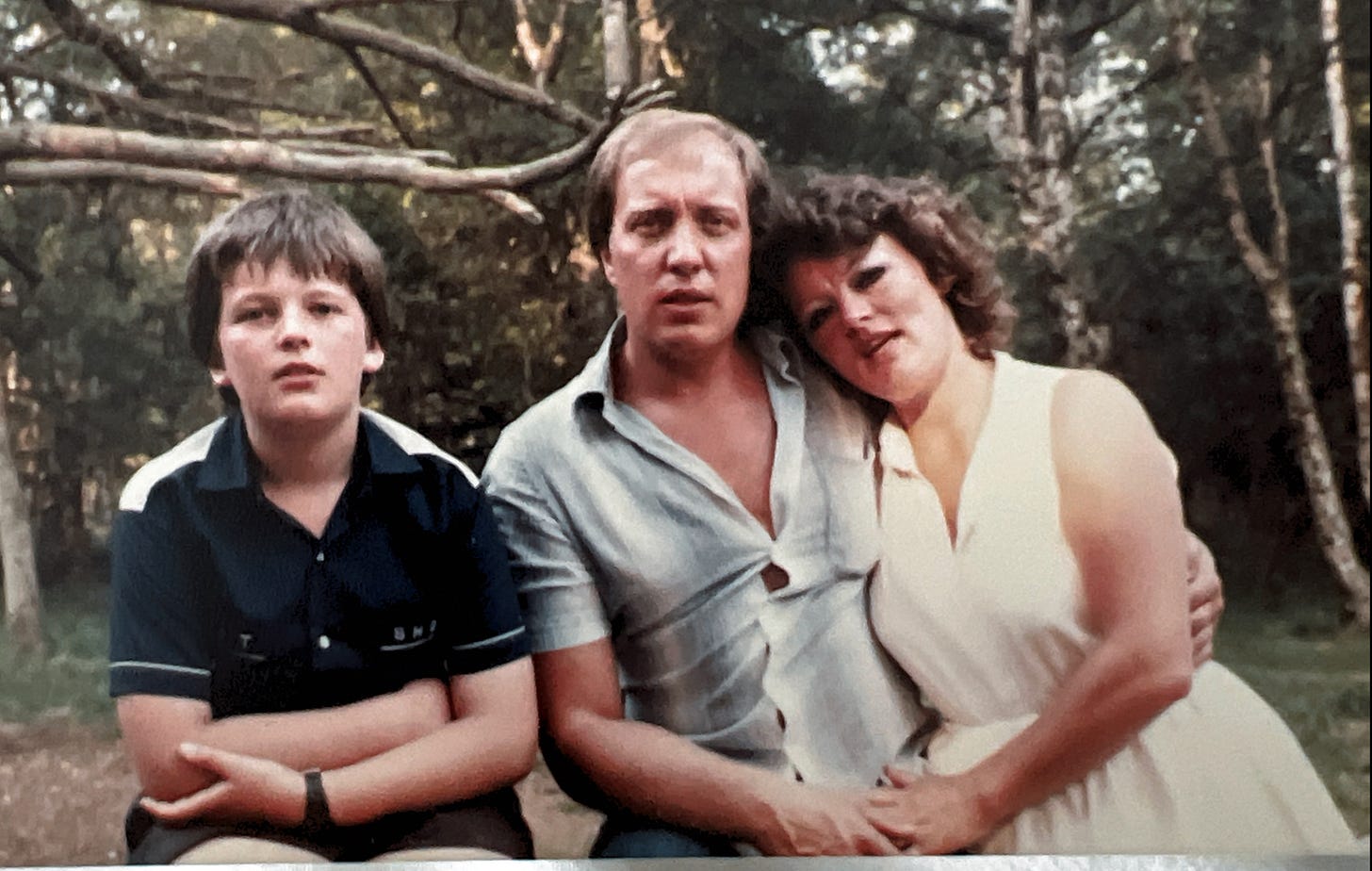
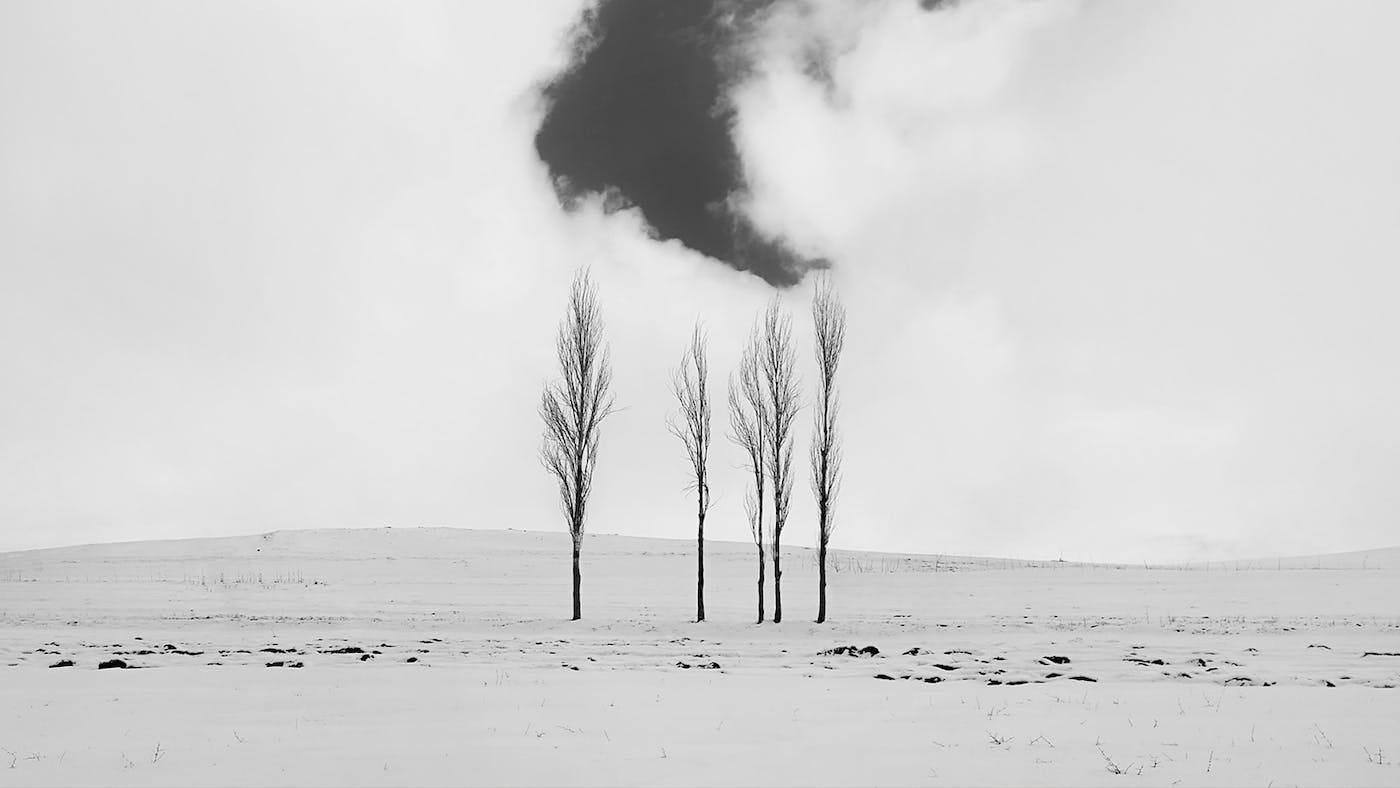
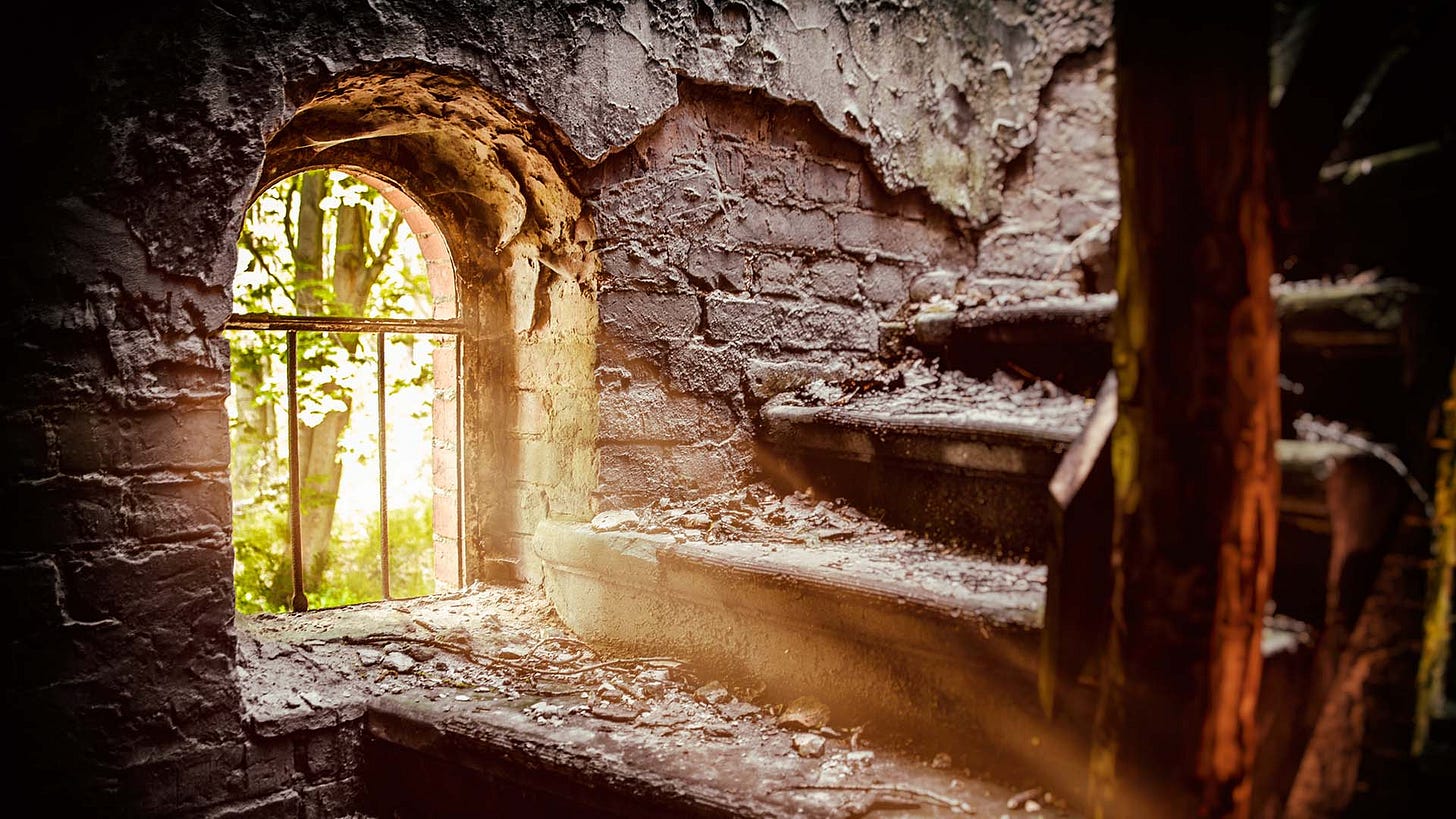
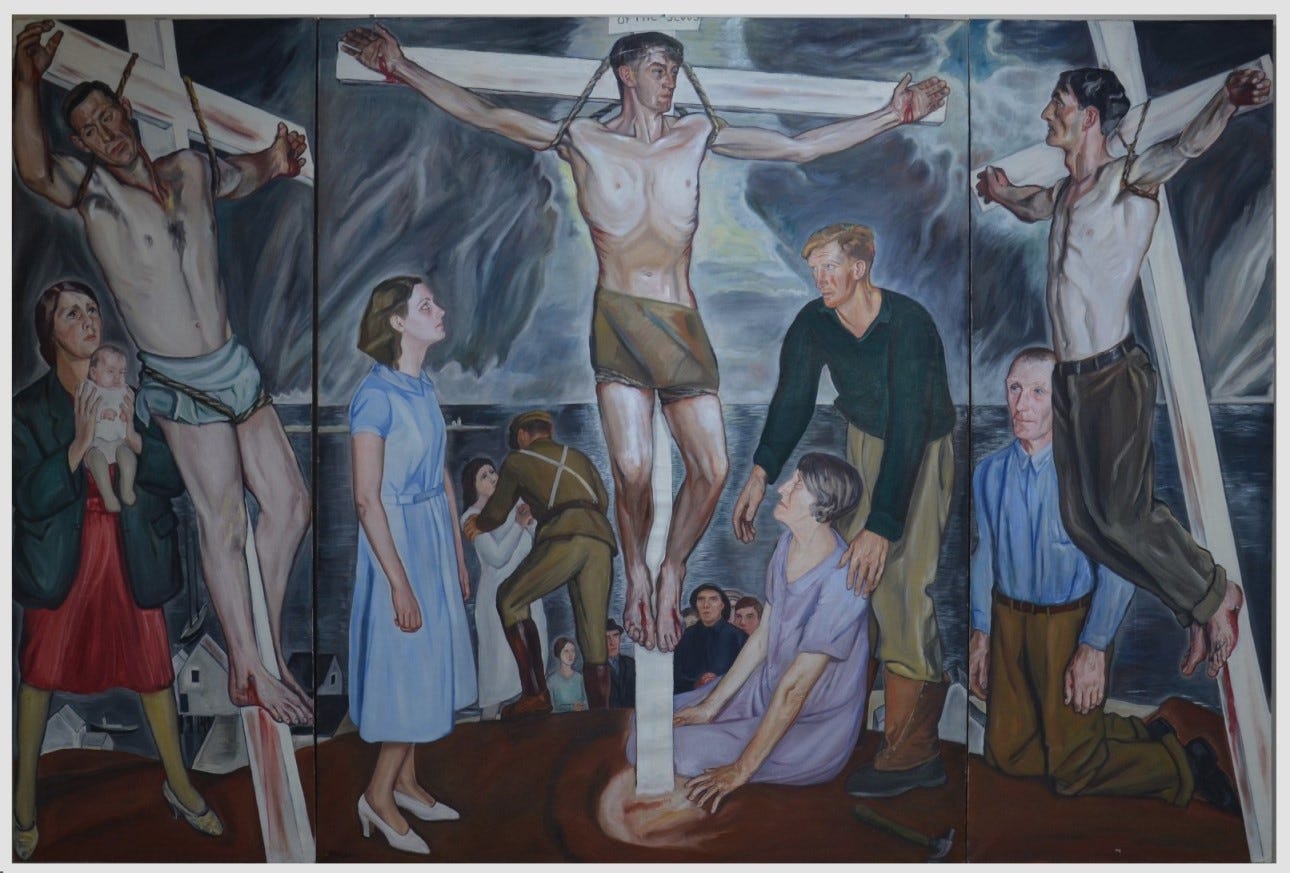
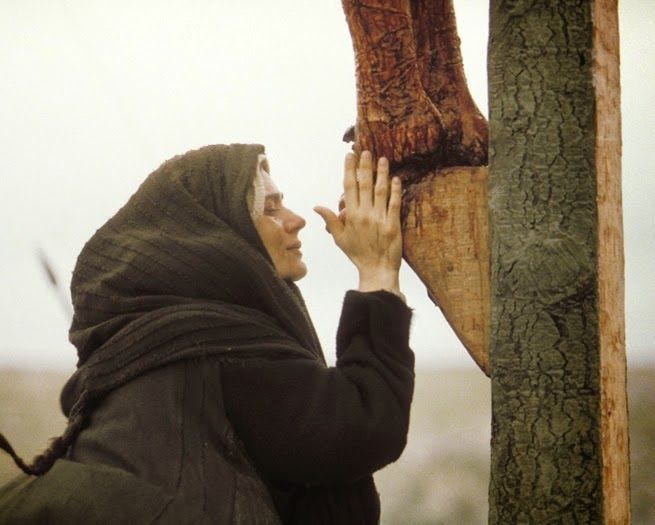

Thank you, Jason. It’s just what I needed this morning. Love you guys!
This impacted me in a way that I don't really know how to articulate. Many of my hurts and wounds are the kind that are quickly followed with, "but it wasn't that bad. At least you had a dad" or "that huge void of fatherly love, guidance and leadership from 10 years-old on wasn't that big of a deal."
I don't know how to reconcile two facts: 1) My dad was never present and 2) God is always present. I want to know Jesus the way you describe. Even when I do turn to the Word, I just can't get past … something.
How to turn to/find comfort in God seems to dodge my best efforts. Meditation dissolves. My best efforts all fall short (as we know they would.) I'm still looking for how Jesus will step into my inability to cling to Him. As Tozier says,
“O God, I have tasted Thy goodness, and it has both satisfied me and made me thirsty for more. I am painfully conscious of my need for further grace. I am ashamed of my lack of desire. O God, the Triune God, I want to want Thee; I long to be filled with longing; I thirst to be made more thirsty still. Show me Thy glory, I pray Thee, so that I may know Thee indeed. Begin in mercy a new work of love within me. Say to my soul, ‘Rise up my love, my fair one, and come away.’ Then give me grace to rise and follow Thee up from this misty lowland where I have wandered so long.”
Thank you for sharing your story but also adding the life advice we all need.